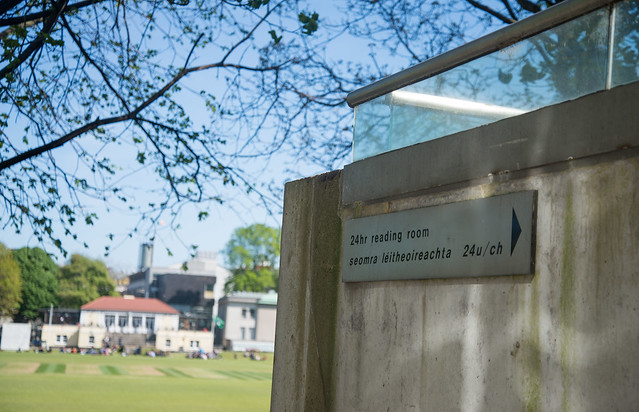Over a third of Irish students have a monthly disposable income of less than €100, according to new research carried out by Bank of Ireland.
Students, the research found, have an average disposable income of just €9.20 per day.
One in three third-level students in Ireland rely on their parents for their college fees, while just under one quarter of students said their parents paid their travel expenses.
The survey was carried out as part of Bank of Ireland’s Financial Wellbeing programme.
Around 65 per cent of respondents live at home while in third-level education, with 23 per cent of those who do not live at home requiring financial assistance from their family to pay for rent. One third of renting students said they brought their laundry home to be washed, with 28 per cent saying they took food from their family homes to bring back to their rented accommodation.
In a press statement, Rory Carty, Head of Youth Banking at Bank of Ireland, said: “College life is complicated. From finding affordable accommodation to making time for studies, students in Ireland are working part time and trying to enjoy their social life too.”
Some 63 per cent of students said they had a part-time job, with eight per cent working full-time while completing their third-level education.
“Bank of Ireland’s Financial Wellbeing programme helps inform and educate students on spending and saving in a way that suits their needs, as we understand that this is a time when they can feel under financial pressure”, Carty said.
Last month, a survey carried out by the Irish League of Credit Unions found that more than half of students in Ireland skip lectures for paid work, an increase from one in five in 2017.
In a press statement at the time, Paul Bailey, the head of communications of the Irish League of Credit Unions, said: “At a time when they should be focusing on their education, it’s worrying to see that greater numbers are skipping lectures and sacrificing time spent on their education in order to earn some extra money.”
Bailey also criticised banks for trying to entice students to open bank accounts by offering “freebies”, and said that credit unions have a “not-for-profit and community ethos”.
New graduates are often subject to high interest rates or charges when they cease to qualify for student rates on their bank accounts.







